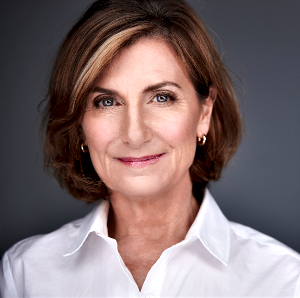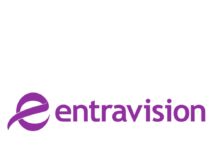
When Twitter labeled NPR as “state-affiliated media,” what effect does that have at a local level? Last week, Radio Ink talked with Jennifer Ferro, President of Los Angeles NPR member KCRW. We continue our series with Margaret Low, CEO of Boston’s WBUR.
Radio Ink: For a major media outlet like WBUR to leave a major social media platform can be very worrisome for reporters and content creators, circumstances notwithstanding. How did your staff respond to the pull?
Internally, there was a very affirming response from staff that we were landing on the right side of an issue. And there was a very, I would say, affirming response from the people who covered both NPR and WBUR believing that this was the right decision. We shouldn’t be putting our trusted journalism on a platform filled with disinformation – disinformation that was coming from the top.
Radio Ink: And how has the response been from your audience?
And I would also say our audience was quite positive about the decision to do this. I mean, if WBUR and NPR stand for truth and trusted information, then this decision just made sense.
Radio Ink: How active was WBUR on Twitter before the tag was changed?
Twitter was a really important part of our life, both for promoting and sharing our journalism with audiences, and also an important reporting tool for our journalists. And so inherently in this decision, we’re making what we believe is the right decision – to give up a platform that was meaningful for us in terms of reaching audiences.
Radio Ink: There are some commercial broadcasters responding to Twitter’s actions by saying, “Oh, that’s a public radio issue. It would never happen to us.” Do you feel this goes beyond public media? What are the implications for traditional media fighting for a foothold when something like this happens?
It’s not just a public media issue. We happen to be the ones dealing with it today, but it will, it could repeat itself. It’s such an unpredictable environment right now. Right now we’re the one hit, but my guess is that there will be plenty more to come.
Radio Ink: How do broadcasters fight back when something like this happens? Like if it happened to a local news station, how should a market manager respond?
Quit the platform. The best thing we can do is provide high-quality journalism and enriching experiences to the people who know us and trust us and not get tangled up with disinformation.
Radio Ink: KCRW’s Jennifer Ferro talked about how this is a pipeline issue. With so many third-party pipelines that traditional media now uses, how do broadcasters better control their own content streams and re-own the pipeline, so to speak?
It’s a real tangle out there. We can’t ensure that people only turn to trustworthy news sources for their information. We can just provide it in the best way possible and try to get out there to as many people as possible.







The question people should be asking is who makes these decisions? Big tech? Just because someone agrees with Elon Musk doesn’t mean he’s not the same as previous owners and part of big tech. If you didn’t like twitter when they banned Trump and other conservatives, you shouldn’t like them now.
SOUNDS AS THOUGH THEY ARE TRYING TO CONVINCE THEMSELVES. Listened to them When Trump was booked the default position was that he was guilty and that was not uip for debate. Same standard applies to them. A mouthpiece for the left and Biden? Yes! Unnless they can prove otherwise.) Here’s a hint- they can’t!). Unbiased good and fair? HA! For N P R AND NO ONE ELSE. It’s too bad, really!
You mean like anything the White House says??
Trusted information? LOL I can’t stop laughing. WHAT A JOKE!